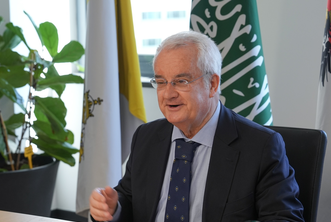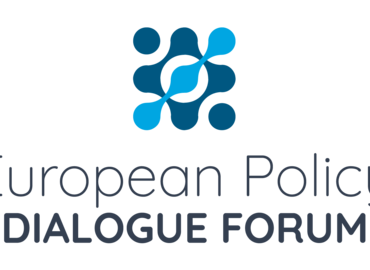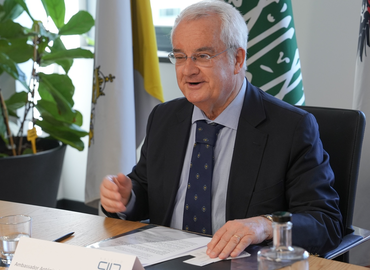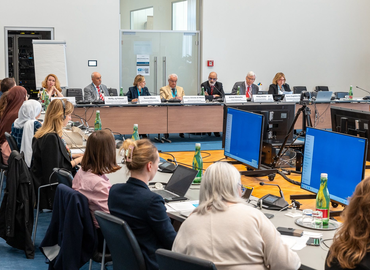75 Years of the European Convention on Human Rights: Keeping Human Rights Alive through Dialogue
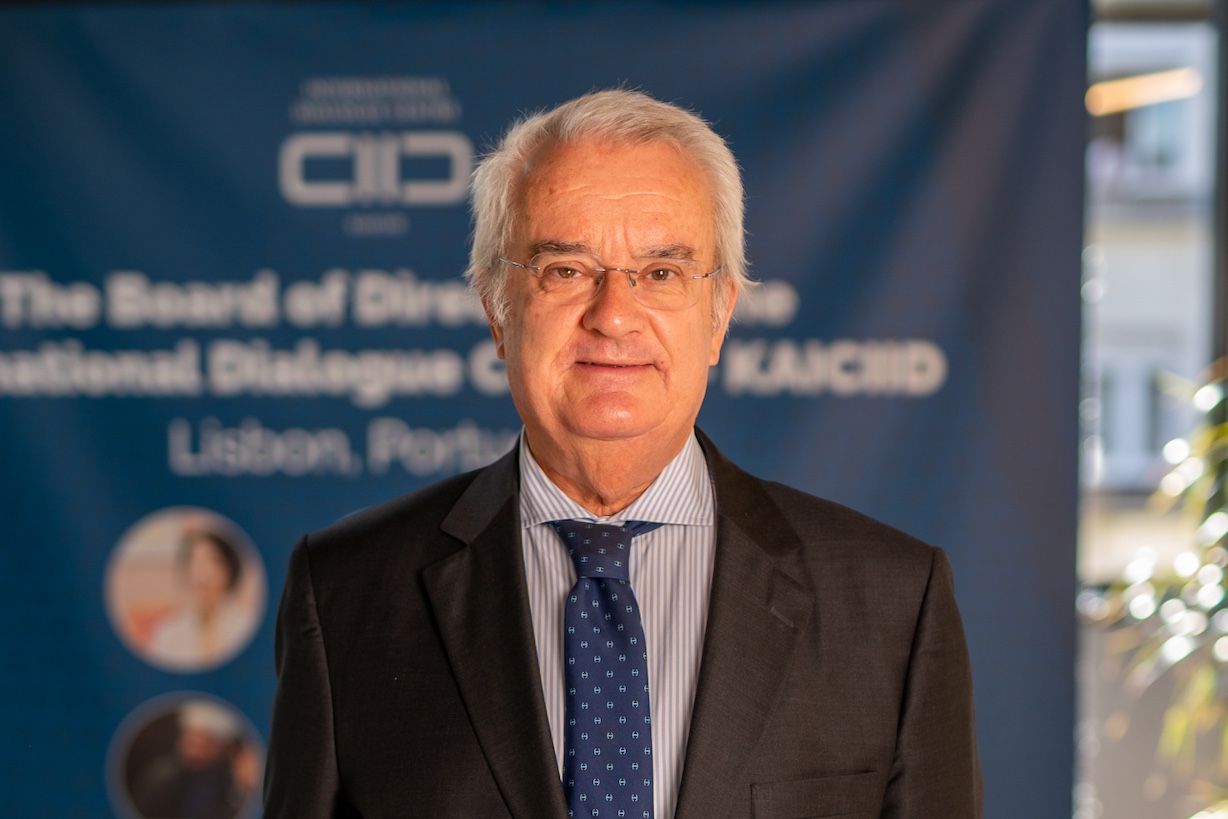
Imagine Europe without the European Convention on Human Rights. No Court in Strasbourg to stand between individuals and states. No law to call out abuse, arbitrary detention, or the violation of dignity. No shield for the fragile threads that hold communities together.
Seventy-five years ago, after the shadow of war, Europe chose a different path. A path built not only on law but on dialogue. On listening. On the courage to sit together across divides and ask: how do we live together without tearing each other apart? The European Convention on Human Rights was born from that conversation. It was a living promise that every life matters, every voice counts.
At KAICIID, we have long seen dialogue as the engine of peace. It was dialogue that shaped the Convention. It is dialogue that ensures its life in every street, classroom, courtroom, and home. Because rights are more than words on paper. They are the backbone of our coexistence. They let people walk safely to school. They let communities debate without fear. They allow love to flourish across boundaries. They let science and art thrive. Without them, trust fractures, and societies crumble.
Each time a parent teaches a child that violence is never the answer, each time a person steps in to defend a neighbour’s right, each time a journalist exposes injustice – these acts stand as evidence of the Convention at work in the world.
Today, the promise of the Convention is under strain. Across Europe, we see the Convention tested in ways its founders could not have imagined. Religious minorities face discrimination in employment and public spaces. Refugees and migrants are denied basic dignity at borders. Disinformation campaigns erode trust in institutions designed to protect rights. Meanwhile, the exclusion of vulnerable communities from decision-making processes undermines the principle that every voice counts. These are not abstract threats. They are lived realities that fracture the social fabric the Convention was designed to protect.
Seventy-five years on, our task is the same as in 1950. We must listen, defend, and act. We must bring the Convention from the pages of treaties into the lives of each person. For in those lives, the law becomes tangible. In those lives, peace becomes possible. This is especially vital in today’s multicultural and multireligious Europe, because we do not only belong where we live – we belong to each other. Nurturing this sense of belonging is essential.
This is where KAICIID's work becomes essential. Through our European Policy Dialogue Forum (EPDF) and programmes across Europe, we bring religious leaders, policymakers, and civil society together in dialogue to translate principles that resonate across faith traditions and human rights’ commitments into lived experience. Dialogue does not replace legal mechanisms; it strengthens them by building the trust and understanding necessary for shared principles rooted in dignity and care for the Earth to constantly reshape the social compact our communities are based on.
This happens when the Muslim-Jewish Leadership Council (MJLC) stands together against antisemitism and anti-Muslim hatred, when integration programmes give refugees and migrants a sense of belonging – the knowledge that they bring value to and are valued by the hosting communities, and when city networks collaborate on participatory governance driven by values of equity, social and climate justice.
The European Convention on Human Rights is not a relic. It is a living and breathing promise. And dialogue – our shared commitment to speak, hear, and understand one another – is its backbone.

